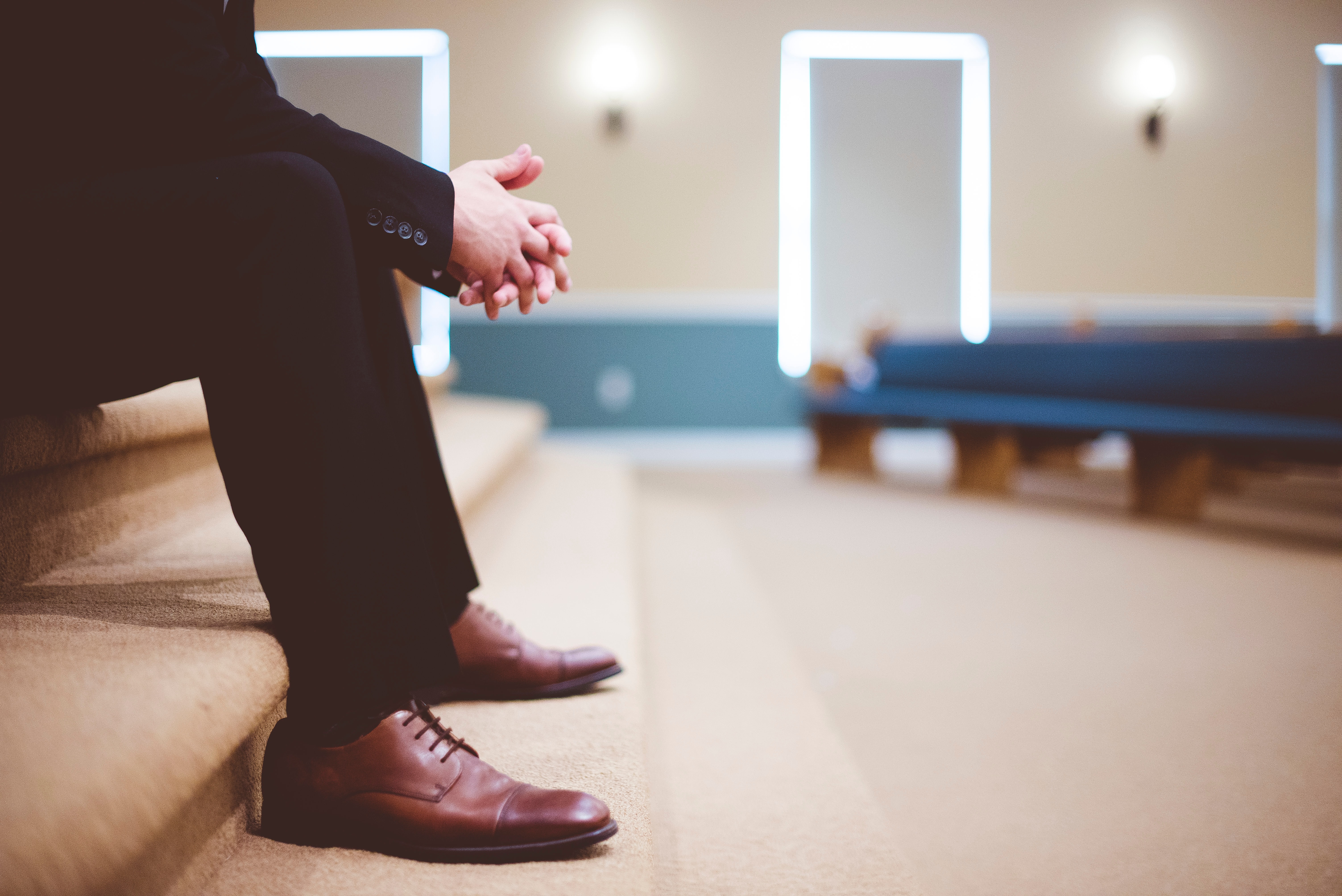
For many people, the prospect of arranging a funeral after losing a loved one can feel complex and confusing – which is where funeral directors come in.
Their job is to guide you through your choices, explain the decisions you need to make and ensure all the necessary arrangements are in place.
The initial face-to-face meeting is called an ‘arrangement meeting’. This meeting can occur at the funeral home’s office, your home, or a place of your choosing. At the meeting, a funeral consultant will discuss the different options and help you make informed decisions about the funeral’s practical and celebratory aspects.
Several legal forms need to be completed, which your funeral director will discuss with you during a meeting that generally lasts for one or two hours.
Some of the decisions that need to be made involve:
At the arrangement meeting, the funeral consultant will record your choices and provide you with a detailed estimate of the costs and disbursements for the funeral. And for further information, all the specific costs required for a funeral will be on each funeral director’s website.
In most instances, the responsibility for arranging a funeral falls to the next of kin – the spouse, child, parent, legal partner or sibling.
Where there is a dispute and a will exists, the arbiter of arrangements is deemed the Executor. However, the Executor may appoint someone to make the necessary arrangements.
If the deceased does not have any known relatives, a relevant authority will be called on to make the arrangements. This is usually done by a social worker or another authorised officer. At other times, the Public Trustee, Public Guardian or Protective Commissioner may become involved.
If you are arranging the funeral, you are responsible for ensuring payment, so it’s best to check where the money will be coming from and whether there will be enough to cover the relevant expenses.
The total will depend upon the type of service you choose.
When attending your first funeral arrangement meeting, some basic information about the deceased including their full name, address, gender, occupation, place and date of death might be required.
If you have access to, and are able to bring along, their Birth Certificate or Passport and Marriage Certificate, this could also aid in the arrangement preparations.
You may also want to bring along your favourite photo of your loved one for use in any printed memorial stationery, the clothes you may want them dressed in or any special items that you would want placed on or in the coffin.
Note: The information on this website is for general information only and are not (and nor are they intended to be) a substitute for professional medical or mental health advice, nor is it used for diagnosis and treatment. You, or anyone you are concerned about, are encouraged to seek professional medical or mental health advice and treatment from suitably qualified medical and clinical practitioners and providers.